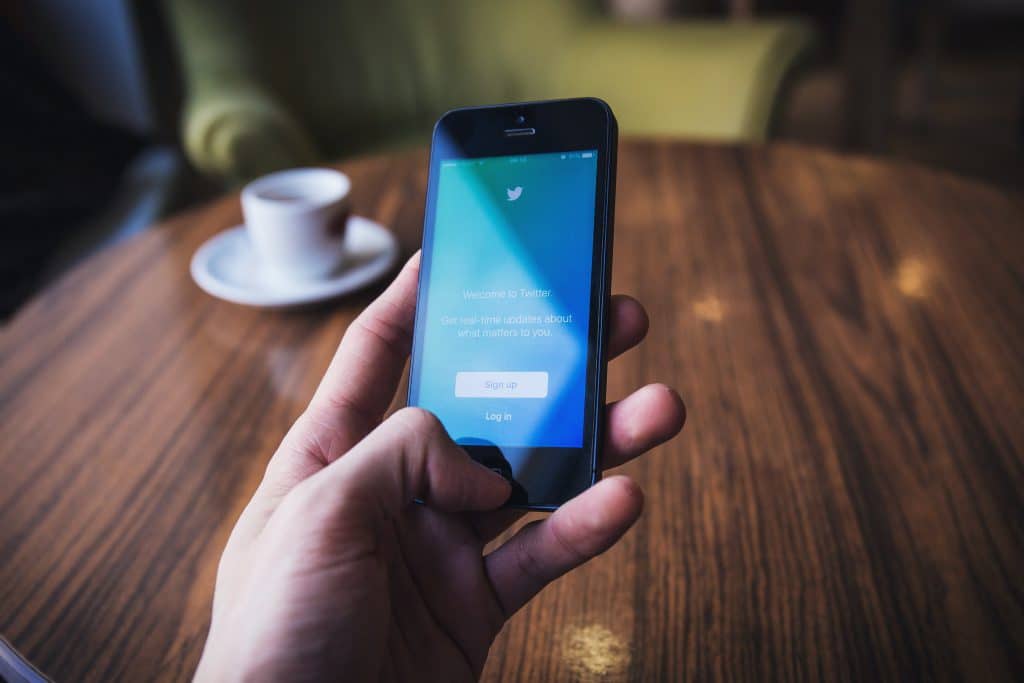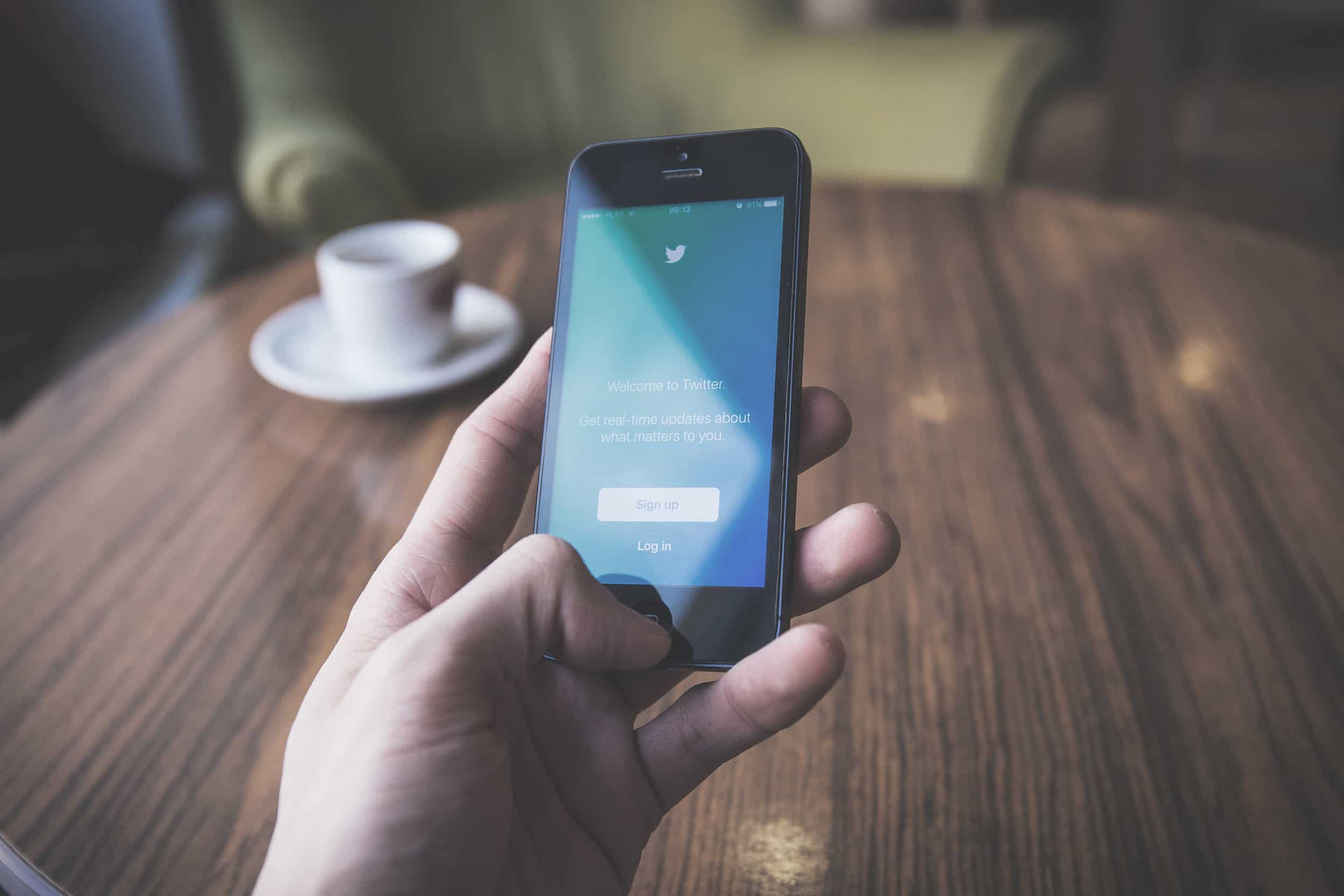
The Unsocial Network: How social media affects community
Image courtesy of Unsplash
Alex Miller, Editor-in-Chief of The Vision Magazine
The story is from the fall issue of our sister publication, The Vision Magazine. To read more stories from that issue, click here.
Less than 50 years ago sending someone a message across the world meant licking a stamp and crossing your fingers the letter made it to the destination. Today you can connect to anyone on the planet with a single tap on your handheld device. This ability has enabled our generation to communicate with others who in years past we would never know. Yet, this power is arguably crippling to those who rely too much on social media.
Is it possible that social media caters to the person in us who loves the idea of community, but doesn’t actually want to do what it takes to have it?
Officially, the first widely accessible social media site was Six Degrees, a forum released in 1997, where individuals could create a profile that included their pictures and showcased their interests. Today, it would be hard to find anyone under the age of 50 who has yet to create either a Facebook, Twitter or Instagram. With so many outlets to choose from, it can be useful to take a step back and examine exactly what users are gaining and losing from their time spent online.
Ben Tackett, junior biology major at North Greenville University, said, “Social media offers great means of communication to friends, family and coworkers. This is crucial in a society where good communication is the key to success in all relationships.”
Social media affords students such as Tackett, the opportunity to maintain the relationships they began in years past.
The downside of such Internet connectivity can come when social platforms are substituted for face-to-face conversation.
We’ve all seen that group of people sitting together at a restaurant with deadened, foggy eyes suctioned to their phones, unaware of the community bustling around them, unaware of what they’re missing out on. We often avoid real and personal connections with people because we’re scared of the after-effects. We may get too close, get hurt, face confrontation or face rejection. But these are not inherently bad things, and from a Christian perspective, have redeeming qualities. We were made for community; we need people. Yes, social media is a tool of communication, but should it be the only one?
Mitchel Pace, senior Christian studies major at NGU, commented, “It [social media] distracts us from what is going on around us. Instead of being engaged with real people as we go from place to place, we are now engaged with an item that cannot give us a lasting relationship. Having a real, lasting relationship with another person is a greater gift than any benefit social media could ever offer.”
Not only do we treat social media as a substitute for human interaction, but we unknowingly allow it to distract us from things that matter.
Michael Wiegand, a psychology graduate of NGU, said, “Social media is having a negative impact on today’s society because of its addictive nature. Hours spent on… random social media sites are causing this generation to lose a sense of time management and the ability to actually get important tasks completed, by wasting time on watching gifs or double-tapping photos.”
We are a distraction-loving culture, it’s true. And when we spend more time debating politics or sharing recipes online than we do taking time to be with a friend in the midst of heartache or watering wilting friendships, we trade eternal for temporal. We stunt community and, furthermore, we forget to be the Church.
After all, people aren’t just profiles and souls aren’t just selfies. Community demands we look behind the mask that social media encourages.
Updating people about your life on Twitter and sending emojis and “lol’s” instead of actually laughing and smiling might not be considered the conventional way of communicating, but it has become the new “normal.” While social media can build a bridge where gaps once existed, face-to-face contact while not the most popular or comfortable, will always be the best choice when cultivating community.

